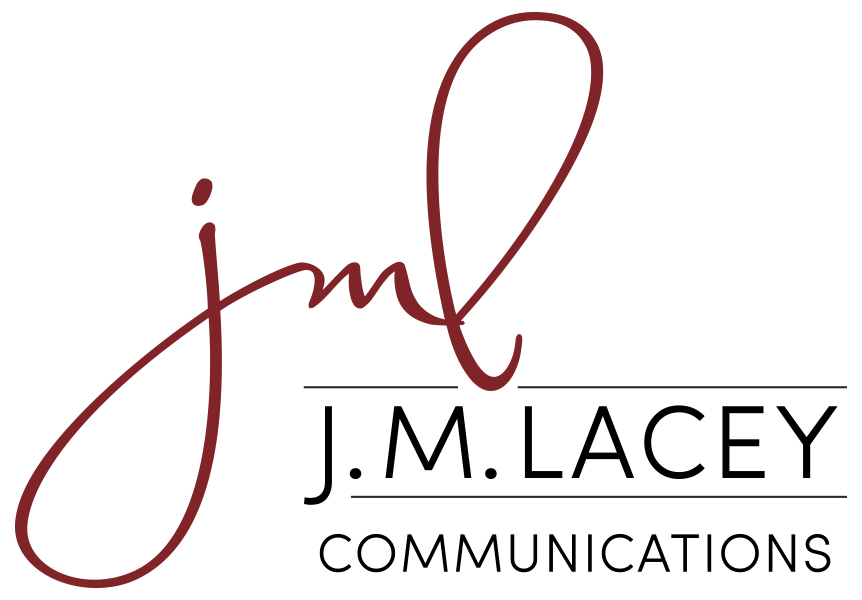As generations change, so do work ethic and expectations. One generation of the workforce was raised and trained to work hard and expect a paycheck. It was rare a supervisor would praise you, let alone acknowledge your presence unless there was an issue.
Another generation might not have remained in the same position or company for 30-plus years. They searched for “meaning” in their work. They desired that coveted pat on the back, and either plowed forward even if they never received it, or moved on to another company.
Then there is the latest generation who feels “entitled” to everything – an automatic large paycheck with little work when first hired, praise for each small task, and a responsible title without the responsibility to put behind it.
Each generation has carried a bit of all the above, but today there is a shift in workplace behaviors compared to 10 or 20 years ago.
When it comes to praise, then, a balance is necessary to avoid establishing a pattern of expectations that become a narcissistic need. How can you find that balance? And should praise be viewed as something necessary for employees?
Is there a need for recognition?
In short, yes.
Employees who feel valued contribute to the productivity of the organization. They are happier in their work and they have a greater sense of accomplishment and worth.
When employees are recognized for their efforts on a regular basis, their loyalty toward the company increases. This has a great effect on the organization because retention is healthier.
Praise or Encouragement – which?
Understand there is a difference between praise and encouragement. Praise is to express approval and commend someone. When you offer praise, you boost a person’s ego. You acknowledge something they have done and it lets them – and everyone else – know you noticed.
Encouragement is instilling confidence. When you encourage someone, the focus is more on giving him or her a positive energy boost.
Deciding the avenue by which to commend someone is entirely up to your goals, brand and company culture.
The danger in praise is if a person has too much of it, his motives could become solely based on the egotistical drive, the title and the notoriety.
But encouragement has a positive effect. We need to know we have done well, and that reassurance gives us motivation to do better and continue doing what we understand is healthy for the organization.
Praise and encouragement might sound closely related, yet how you word your commendation will not only be the distinguishing factor, but the way your employee understands what he is hearing will create a particular mind-set for behavior.
Your wording can have a profound effect on the atmosphere of your team and the individuals. To know how you are coming across to your employees, check out the examples at the end of this post.
How supervisors benefit
If employees only ever see supervisors or leaders during negative situations, that is how they will equate them.
Interestingly, in a Gallup poll, 24 percent of employees revealed that the most memorable recognition they receive comes from the CEO, and could become a career highlight. When the feedback is personal, it shows the employee a high-ranking official is paying attention.
As a supervisor, remain alert for opportunities to encourage your individual employees. Thank them for their hard work, especially when they have gone beyond the “normal” structure of a task. Employees desire to see the business succeed and they need to realize their efforts do not go unnoticed.
Do not hesitate to implement their ideas when viable. Employees like to see their concepts benefit others. This shows other co-workers that they, too, can be positive examples in their company. They should not be afraid to share their ideas if those ideas will contribute to the growth of the company and their fellow employees.
When you acknowledge your employees’ strengths and use them, you invigorate the entire team or department. You show them you are a leader who cares about the success of the company and that you value your employees’ contributions to get there.
Quick examples
An example of praise (typically in front of others): “John, excellent work on that XYZ project. No one has ever been able to achieve what you did. You should tell the team how you were able to accomplish the outcome.”
Notice the focus is on one person and uses the pronoun “you.”
An example of encouragement: “John, excellent work on the XYZ project. Your entire team came out strong on this one. At the next meeting, could you and your team outline the steps you all made to achieve this positive outcome? Also, share the challenges you had to overcome. And I would like to have your team, and the rest of the department, offer ideas to enhance this particular project.”
While both examples began with commendation, the second example highlighted strengths of the team. John may have received the encouragement, but he knows he shares credit. He also recognizes that the team effort was noticed and appreciated. His confidence was boosted and he will be an equal encouragement to the entire team as they are given opportunity to take their ideas further.
Want updates and more news and tips for workplace communication? Follow J.M. Lacey Communications on Facebook. It’s frequently updated!


Recent Comments